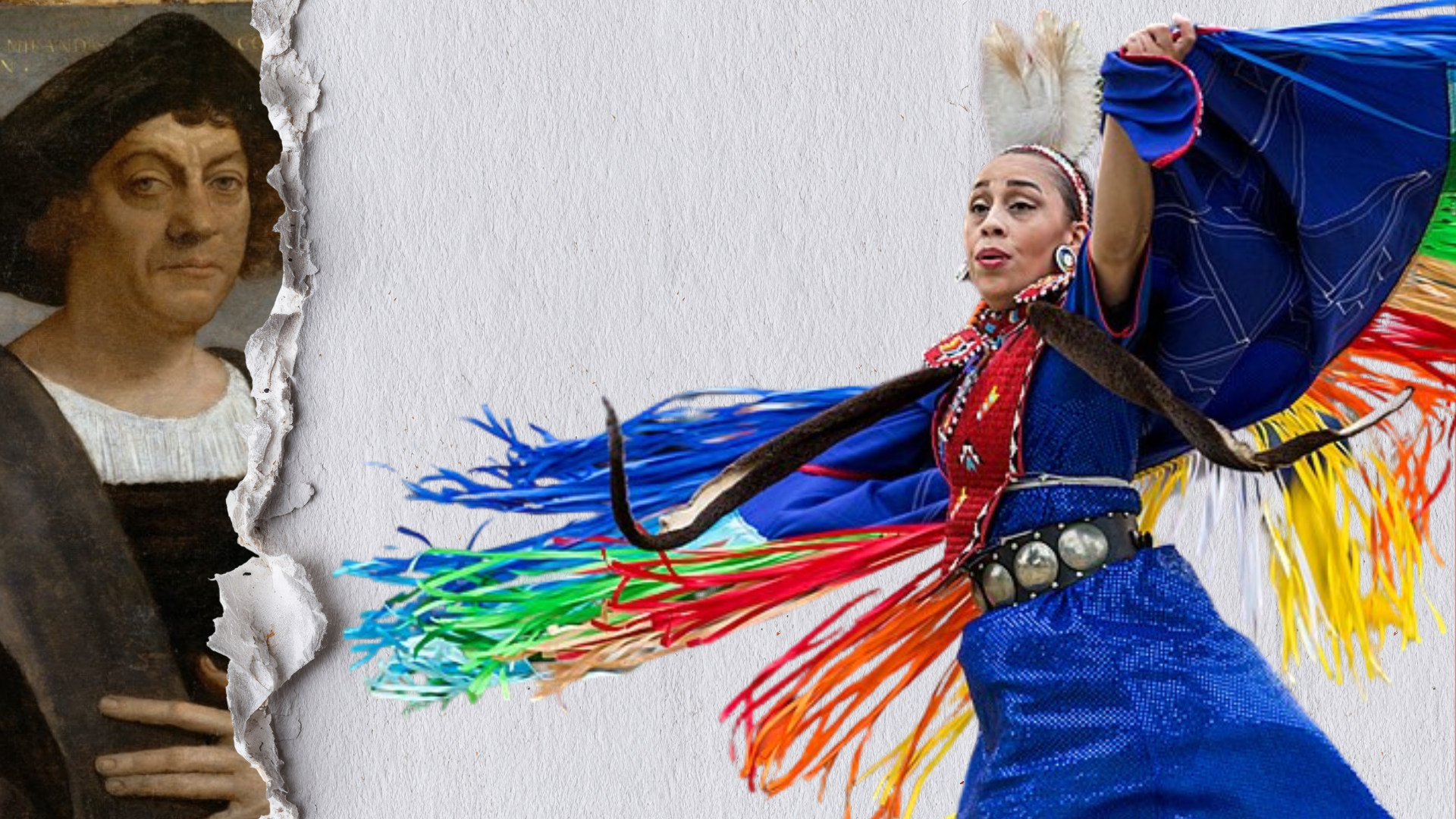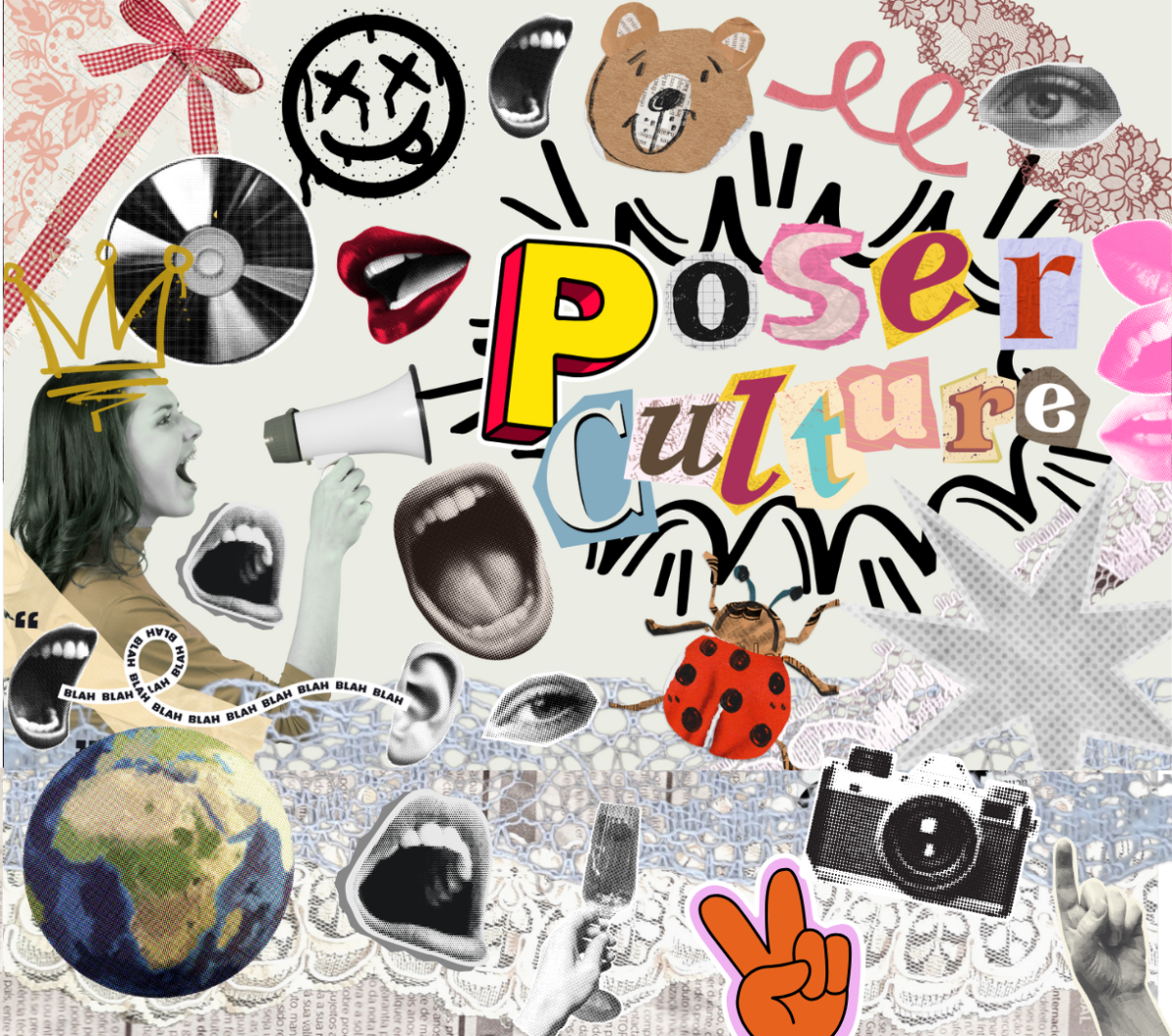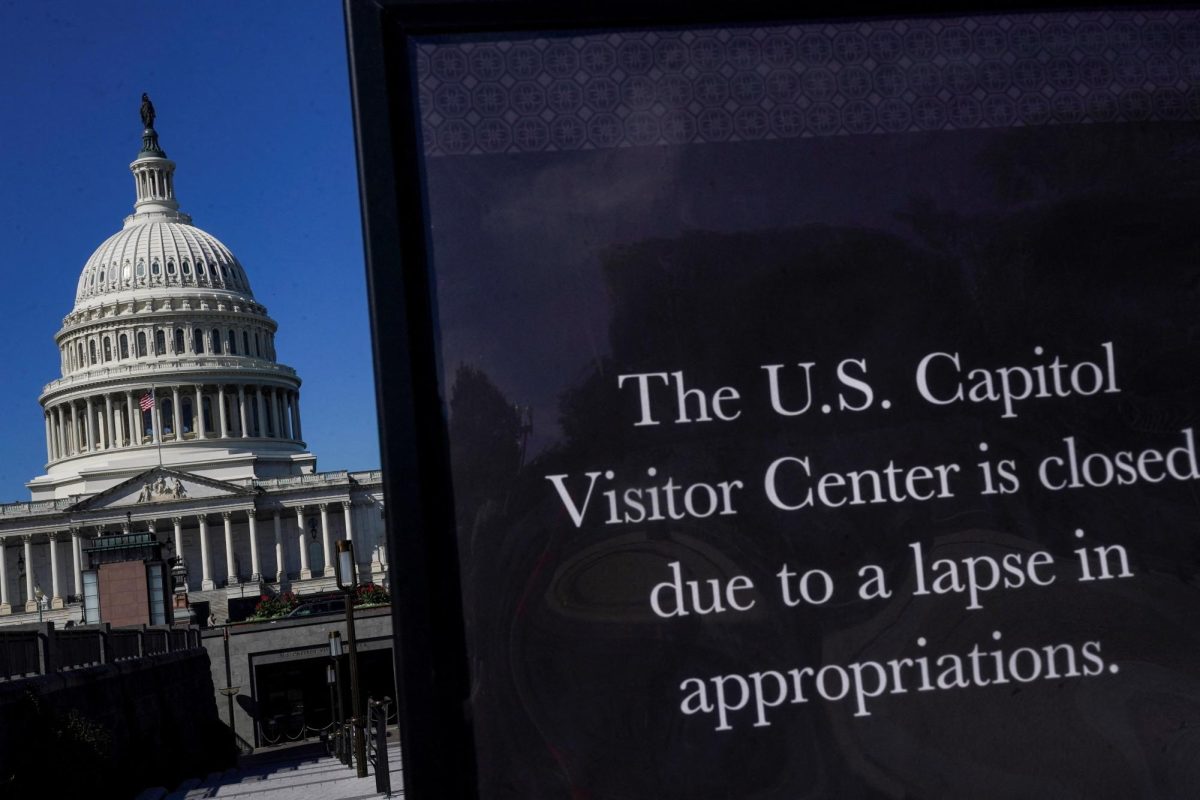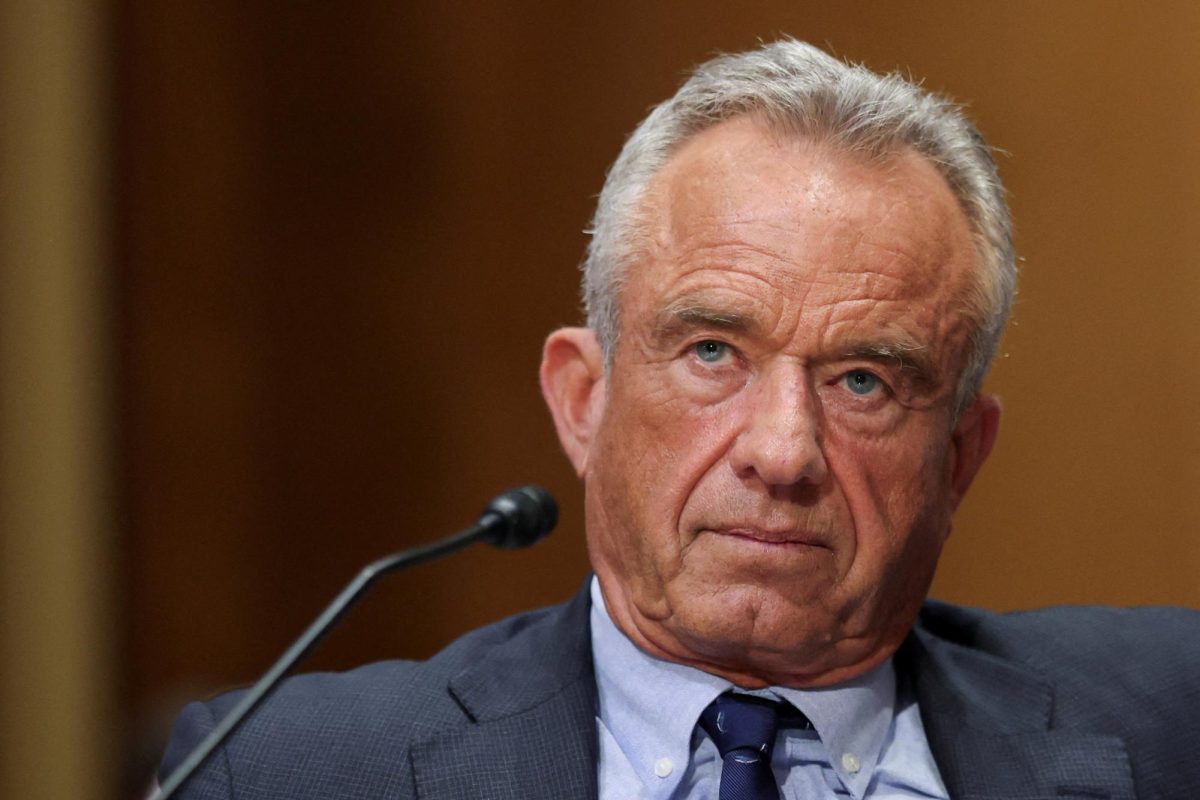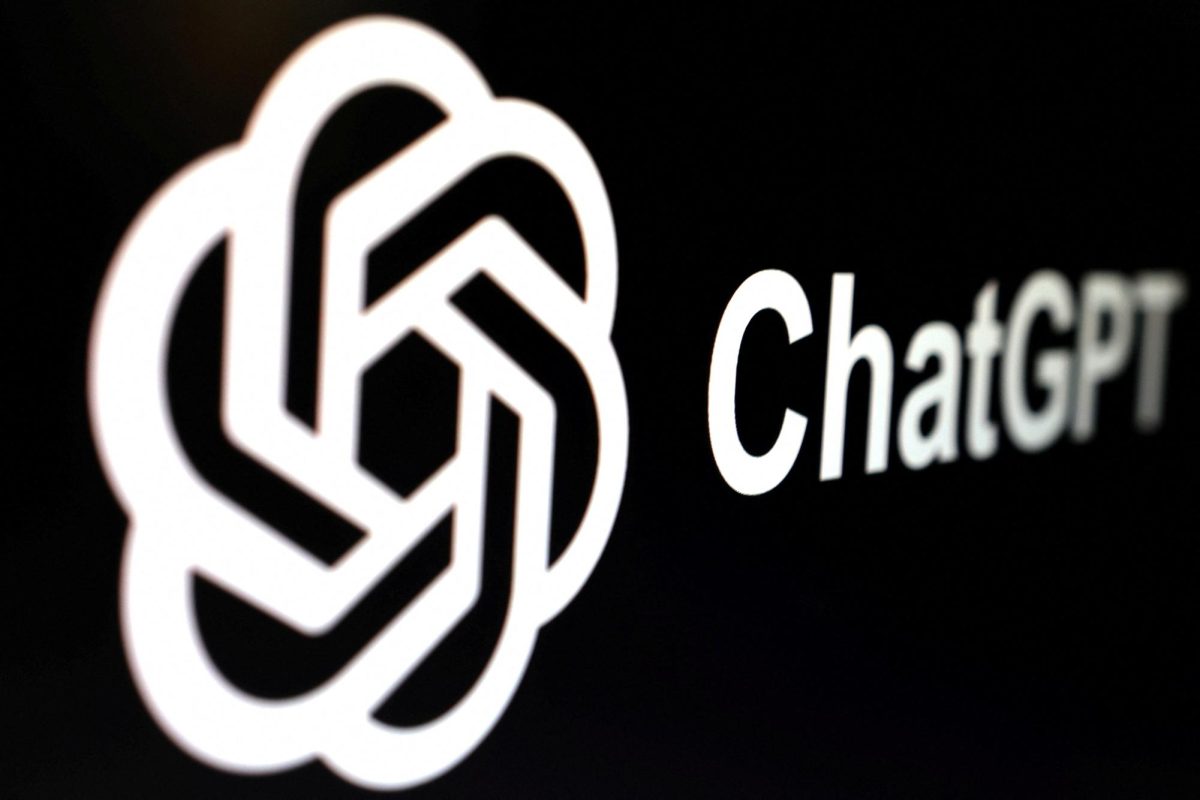When you think of national holidays, things like Martin Luther King Jr. Day or Veterans Day usually come to mind. These are to celebrate the people who served and worked hard for this country’s future. Then there’s Oct. 13, Columbus Day, which is a day to remember the Italian explorer who “discovered” the Americas and gave us an opportunity to spread our religion and culture.
When you put it that way, it sounds heroic. But in reality, all Christopher Columbus did was colonize some lands and push aside the people that already lived there, Native Americans. Present-day Americans have been misled to believe that Columbus is a saint because of the government’s misrepresentation of history.
US History Teacher Elizabeth Waterman has her own approach to the controversial matter.
“I don’t think that his journey was necessarily documented incorrectly, but I believe it has been communicated incorrectly,” Waterman said. “I mean that in the sense that history has zoomed in on the specific positives, that we’ve disregarded the taboo or negative parts.”
Elementary school is usually the first time kids will learn about Columbus. During that time, they get taught about his family, birthday and dreams. To a seven-year-old, Columbus was just some Italian explorer who traveled around the world to give us more land to call home. It’s not until middle school and high school that they learn about the truth of his colonization.
“Everyone loves a hero, but we cannot do so without acknowledging the faults and truths of historical figures,” Waterman said.
There is a major controversy throughout the United States about whether or not the holiday should be celebrated. Some states kept the day, while others have changed it to Indigenous Peoples’ Day. It is meant to replace and critique the inaccuracy of Columbus’s “discovery.” It also celebrates the tribes that resisted colonization and stayed after suffering through harsh circumstances, while commemorating the ones that succumbed to the explorers’ destruction.
Indigenous Peoples’ Day first started as a protest against celebrating Columbus as a discoverer and was later brought up in a more classified way. In 1977, Indigenous Peoples’ Day was proposed by Indigenous delegates. A United Nations conference was held to talk about the discrimination and misinformation against the tribes and how to celebrate differently without heroizing Columbus. South Dakota was the first state to officially celebrate the movement in 1989, and then in 2021, former president Joe Biden announced it as an official federal day across the nation.
About 54% of Americans believe that Indigenous Peoples’ Day is important to our history.
“I think both should be recognized but celebrated in different ways,” Waterman said. “Towns, states and communities should find what matters to their morals, ethics and identities, and be allowed to celebrate on that behalf.”
Technically speaking, Columbus didn’t set foot on North America, but on an island called Guanahani, located in the Bahamas. He was the inspiration for exploration for other Europeans, which then led the North to be colonized later on.
Waterman believes that while his impact should be recognized, it doesn’t necessarily call for the celebration of his discovery.
“Every single state in our country has Indigenous history, and I think that should be acknowledged,” Waterman said. “Therefore, each state is touched by Indigenous culture.”
During the very beginning of the first unit of U.S. History, Waterman taught her class about early America. She made sure to include all of the great things Indigenous tribes were able to create and discover before the later tragedies.
“I intentionally started our U.S. History course emphasizing empathy and the importance of multiple perspectives,” Waterman said. “Our first unit focuses on the incredible feats and accomplishments of Indigenous nations prior to European contact.”
Waterman emphasized the importance of the Indigenous perspective and making sure their history is taught.
“I feel as though many of the realities of Indigenous people and their history have been limited through past education, and I purposefully make sure to include several examples to begin our year,” Waterman said.


